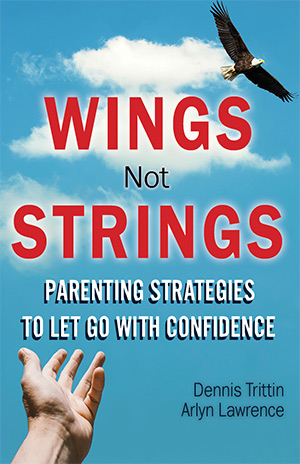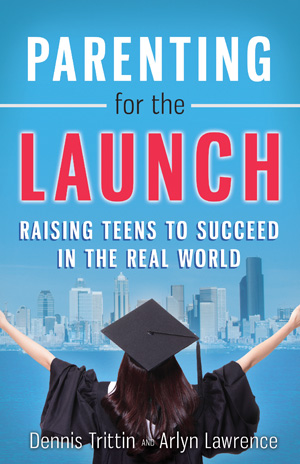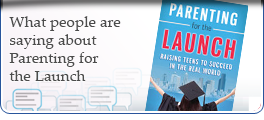Connect! (Part 2): Harnessing the 4 Motivations that Drive Human Behavior
4/4/2016 2:23:07 PM
I (Arlyn) recently spoke with an alternative education teacher who told me how her school can predict when a new student will have negative outburst. She told me, “Three weeks, pretty much to the day, is when they’ll act out. They’ll be defiant, or steal something, or throw something … or display some other behavior designed to provoke a response.”
Why? For a couple of reasons, she told me. These students are generally testing two things: 1) to see if the boundaries are really there and will be enforced, and 2), to see if the caring that has been demonstrated will prove real, or if the student will be rejected for his/her behavior.
Her school’s policy is to respond to this scenario by applying empathetic reactions to the student as a person, while extending appropriate consequences for the behavior. This has led to an affirming, relational climate that contributes significantly to the students’ ability to feel secure, connect with teachers and others students, and begin to learn.
As we pointed out in last week’s blog, “Connect! (The Best Way to Help Students Succeed),” emotions are the fast lane to the brain. When positive, affirming social/emotional connections are made, powerful hormones are released in the brain (like dopamine and oxytocin) that diminish cortisol levels and UNLOCK the brain’s learning centers.
A key to creating this kind of positive learning environment in a school (or in a home or business, for that matter) is to be sensitive to the four motivations that influence human behavior. Good teachers (or parents or business leaders) keep them in mind at all times. These include:
- Acceptance (feeling understood)
- Appreciation (feeling valued)
- Affection (feeling loved)
- Attention (feeling recognized and important)
These are the motivations that most drive people’s decisions, actions, and reactions. They also have a profound impact on the way we receive and process information.
Sadly, research tells us that a majority of students do not perceive these qualities in their schools. According to a survey of 150,000 6th-12th grade students conducted by the Search Institute, a whopping 71% said they don’t believe that school is a caring environment. What a colossal shame, since every teacher I’ve met starts out with a desire to make a positive difference in the lives of his or her students!
With that goal in mind, here are some ideas for creating an affirming environment in a school, classroom, or home:
- Manners, courtesy, and respect (teachers/parents to kids and vice versa)
- Smiles and laughter (don’t be afraid to show your teeth!)
- Personal conversations (“How are you?” “How was your weekend?” “What are you looking forward to this summer?” Share from your own life, as well.)
- Positive affirmation based on the person, not the performance (or lack thereof)
- Appreciation/recognition for contributions and work completed
- Eye contact, appropriate physical touch
Whether we’re educators, mentors, parents, or in some other form of leadership with young people, it’s important that we spend time getting to know our kids. We need to understand who they are, and utilize our relational platform to connect with them and increase their learning potential. This is truly one of the best ways we can set them up for success, not just in the here and now, but for life in the "real world!"
Check out LifeSmart’s What I Wish I Knew at 18 resources for developing life skills, college and workplace readiness, and a strong personal leadership foundation in high school and middle school students. Conversationally written, and designed to impart life wisdom and practical skills in a relational context, our resources will help you make Social Emotional Learning a vital part of your classroom or home environment.
Tagged as: connect, series, communication, teaching, success, teachers, mentors, relationships, social emotional learning, dropout prevention



















